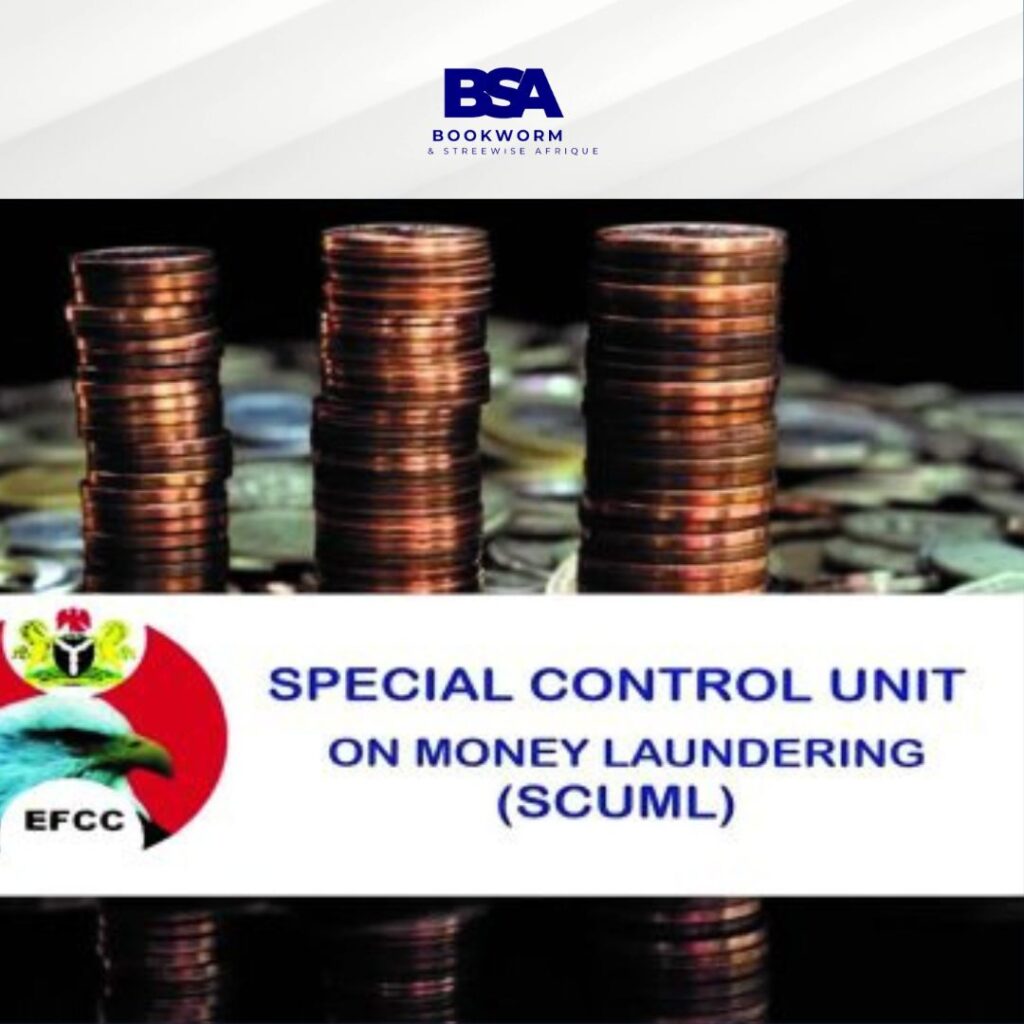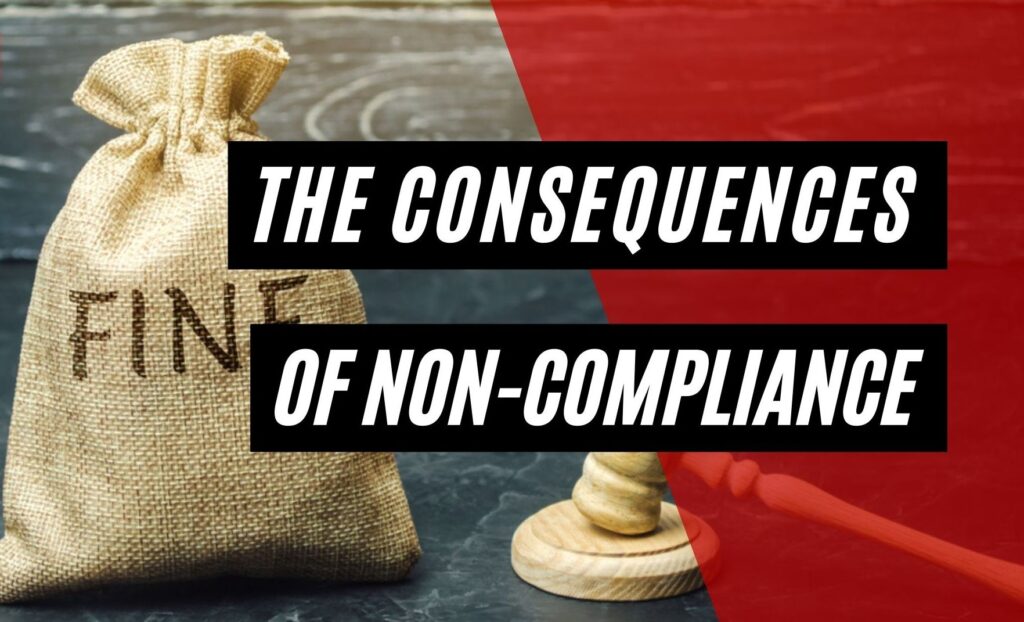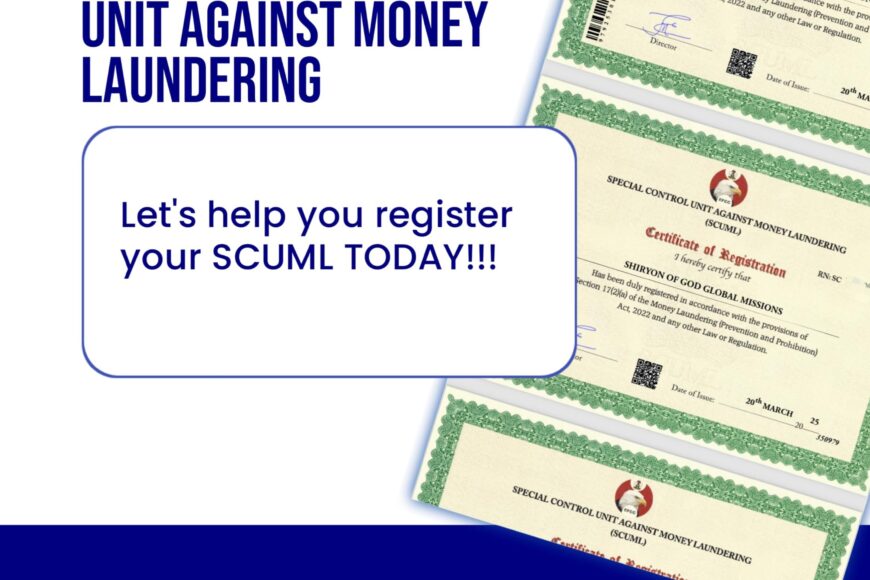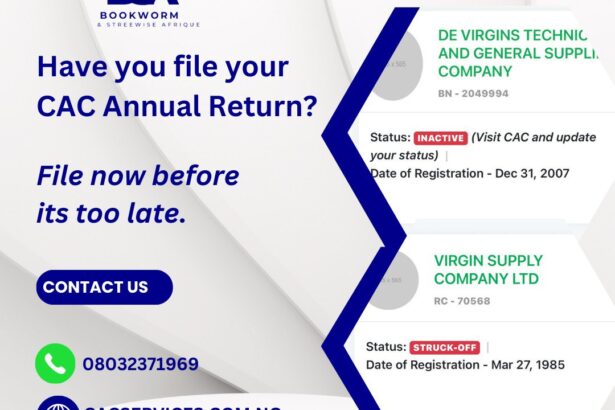Meta Description:
SCUML compliance in Nigeria is essential for businesses classified as Designated Non-Financial Institutions (DNFIs). Learn what SCUML is, why it’s required, and how to comply.
Introduction: Understanding SCUML Compliance in Nigeria
SCUML compliance in Nigeria has become a legal and operational necessity for businesses falling under the category of Designated Non-Financial Businesses and Professions (DNFBPs). With increasing efforts by regulatory authorities to curb money laundering and terrorism financing, it is now mandatory for certain business sectors to register with and comply with the Special Control Unit against Money Laundering (SCUML), a unit under the Economic and Financial Crimes Commission (EFCC).
What is SCUML?

The Special Control Unit against Money Laundering (SCUML) was established in 2005 under the EFCC to monitor, regulate, and enforce compliance among DNFBPs in accordance with the provisions of the Money Laundering (Prohibition) Act (MLPA). The primary goal of SCUML is to prevent the abuse of non-financial institutions for money laundering and terrorism financing.
Why SCUML Compliance in Nigeria Matters
Failure to ensure SCUML compliance in Nigeria can result in severe penalties, including business closure, loss of contracts, reputational damage, and legal sanctions. This compliance is essential for:
- Enhancing transparency in financial transactions
- Promoting investor confidence
- Ensuring eligibility for certain financial services like opening corporate bank accounts
- Facilitating due diligence processes with local and international partners
Who Needs SCUML Compliance in Nigeria?
SCUML compliance is mandatory for all DNFBPs. These include:
- Real estate developers and agents
- Legal practitioners
- Accountants
- Non-governmental organizations (NGOs)
- Dealers in precious metals and stones
- Car dealers
- Supermarkets
- Hospitality businesses such as hotels, nightclubs, and casinos
A full list of DNFBPs can be found on the SCUML website.
Requirements for SCUML Compliance in Nigeria

To achieve SCUML compliance, businesses must meet the following requirements:
- Company Registration Documents – Certificate of Incorporation (CAC), Form CAC 2 & 7 or their updated equivalents.
- Business Profile – A detailed profile stating the nature of the business.
- Identification Documents – Valid government-issued ID for at least one director.
- Utility Bills – Recent proof of address.
- Tax Identification Number (TIN).
- Bank Verification Number (BVN) for at least one director.
The documentation can be submitted online or at designated SCUML offices nationwide.
How to Apply for SCUML Certificate
The process of obtaining a SCUML certificate is straightforward:
- Visit the SCUML Registration Portal.
- Create an account and complete the online application form.
- Upload the required documents.
- Submit the application and await notification via email.
Upon successful registration, the certificate can be downloaded or collected in person.
Penalties for Non-Compliance

The Money Laundering (Prohibition) Act, 2011 (as amended) mandates SCUML compliance in Nigeria. Non-compliant businesses may face:
- Fines up to ₦1 million or more
- Seizure of business assets
- Imprisonment of principal officers
- Prohibition from operating certain types of accounts
Businesses found guilty can also be listed in public notices, affecting their reputation and partnerships.
SCUML Compliance and AML/CFT Regulations
SCUML compliance is not a standalone requirement but part of a broader framework of Anti-Money Laundering and Countering the Financing of Terrorism (AML/CFT). Companies must:
- Conduct risk-based customer due diligence
- Report suspicious transactions to the Nigerian Financial Intelligence Unit (NFIU)
- Train employees on AML/CFT obligations
Benefits of SCUML Compliance in Nigeria
Complying with SCUML brings multiple advantages:
- Legitimacy and operational stability
- Access to banking services
- Enhanced reputation with local and international partners
- Competitive advantage in public procurement processes
- Eligibility for certain government or donor-funded grants
Maintaining SCUML Compliance in Nigeria
After receiving your SCUML certificate, businesses must:
- Update their profile and documents annually or upon any significant changes
- Cooperate with periodic audits and inspections
- Stay informed on policy changes and enforcement updates
A proactive approach ensures uninterrupted compliance and business continuity.
Conclusion
SCUML compliance in Nigeria is a regulatory obligation that protects your business from legal troubles and enhances your operational credibility. Whether you’re a real estate agent, lawyer, car dealer, or NGO, aligning your operations with SCUML guidelines is not just a box-ticking exercise but a step toward business sustainability and integrity.
📌 Need help/Assistance for SCUML? Send us a DM Whatsapp: David (0704 193 2564) or visit our website bsagroup.ng for more details.



